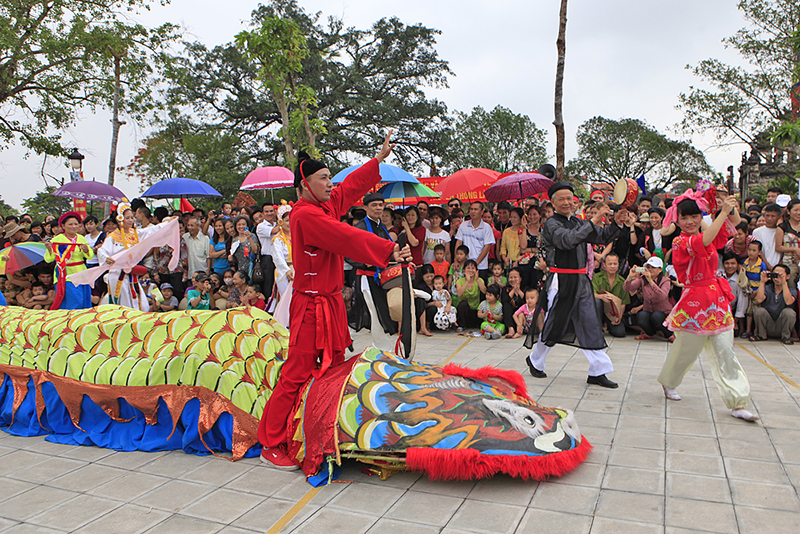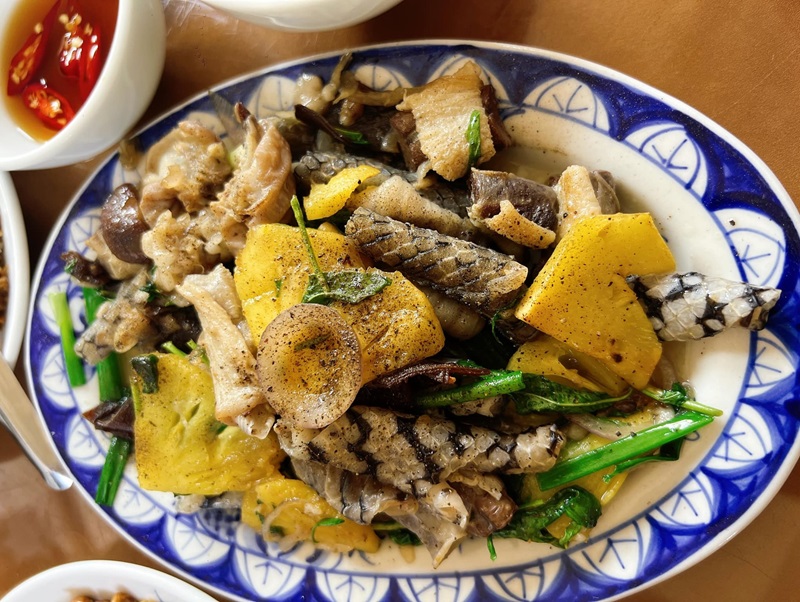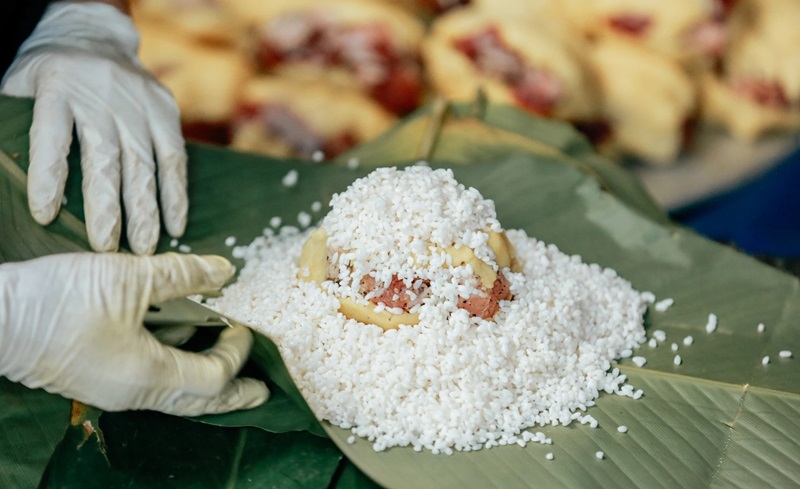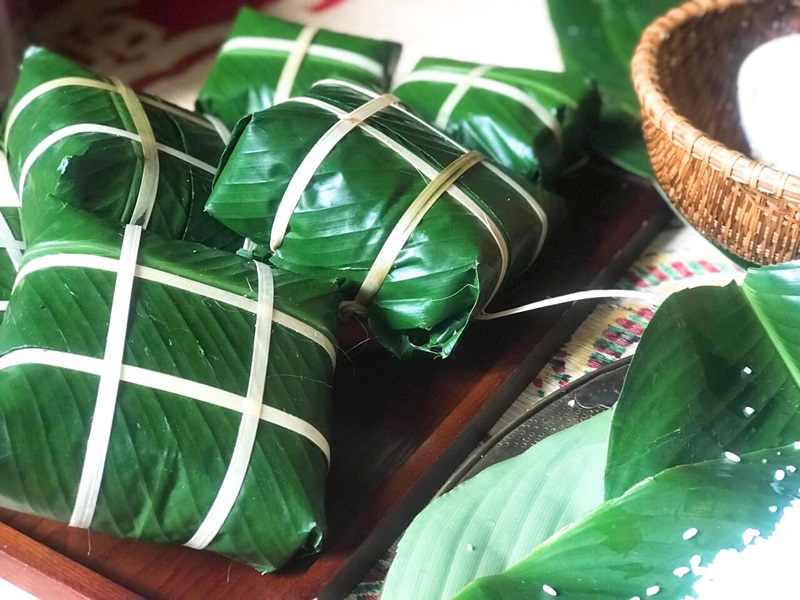Hanoi’s snake village recognized as a city-level tourist destination
Four newly recognized tourist destinations in Hanoi can help enrich the capital's tourism offer.
The municipal People's Committee has recently recognized four destinations in two districts of Hanoi as "city-level tourist attractions", among them, Le Mat and Tranh Khuc villages are highlighted attractions.
| The Le Mat Village Fetival. Photo: Thanh Vu/The Hanoi Times |
Lying in today's Viet Hung Ward, Long Bien District, about seven kilometers from downtown Hanoi, Le Mat is famous for its tradition of snake farming and making delicious food from them. To honor such an ancient trade, the village's festival is held every year on the 23rd day of the third lunar month. It is home to many unique rites and folk activities, such as the water offering ceremony, the snake killing dance - one of the ten ancient dances in the imperial capital of Thang Long, and the rite of catching carp in the village well.
With many ancient cultural features, Le Mat Village Festival is one of the most unique festivals in the country, attracting a large turnout of tourists.
| Snake meat dish in Le Mat village, Long Bien district, Hanoi. Photo: Hoang Long |
Other the newly recognized tourist attractions in Hanoi include Tam Hiep, Thanh Liet and Duyen Ha communes in Thanh Tri suburban district.
According to the Hanoi Department of Tourism, the Tam Hiep tourism cluster, consisting of the three villages of Huynh Cung, Yen Nguu and Tuu Liet, is home to various natural and cultural tourism resources. The commune has a variety of unique old architecture of temples, communal houses and pagodas that help enrich the local tourism offer.
The Tam Hiep Botanical Park covers an area of five hectares and is home to thousands of flowers, especially roses, trees and a lotus pond, all of which contribute to creating a fresh and peaceful atmosphere for visitors. Other places to visit are Huynh Chung Pagoda and Community House, Tuu Liet Pagoda, Yen Nguu Pagodas and Chu Van An Temple.
| Making banh chung or square sticky rice cakes in Tranh Khuc village, Thanh Tri district.Photo: A Family |
Lying in today's Viet Hung Ward, Long Bien District, about seven kilometers from downtown Hanoi, Le Mat is famous for its tradition of snake farming and making delicious food from them. To honor such an ancient trade, the village's festival is held every year on the 23rd day of the third lunar month. It is home to many unique rites and folk activities, such as the water offering ceremony, the snake killing dance - one of the ten ancient dances in the imperial capital of Thang Long, and the rite of catching carp in the village well.
With many ancient cultural features, Le Mat Village Festival is one of the most unique festivals in the country, attracting a large turnout of tourists.
| Banh chung from Tranh Khuc village is famous for its distinctive flavor. Photo: Phuong Hai |
Meanwhile, Duyen Ha Commune is considered one of the oldest settlements in the Red River Delta, founded during the reign of the Hung Kings (2879 BC - 258 BC). Among them, the tiny village of Dai Lan is famous for its academic tradition, home to 18 graduates with honors and famous cultural celebrity Nguyen Nhu Do (1424 - 1526) in the feudal period.
Tranh Khuc village in Duyen Ha commune, Thanh Tri District is famous for making banh chung, a typical square sticky rice cake for the Vietnamese Lunar New Year (Tet). The sticky rice cake trade in the village has been passed down from generation to generation, and the process is difficult for people from other villages to learn. So far, the sticky rice cakes made in Tranh Khuc village are so soft, sticky and tasty that they appeal not only to Hanoians but also to people in other places.
These villages, along with Le Mat, a prosperous village in Long Bien district on the banks of the Red and Duong rivers, are expected to welcome more visitors in the future with municipal recognition.
















